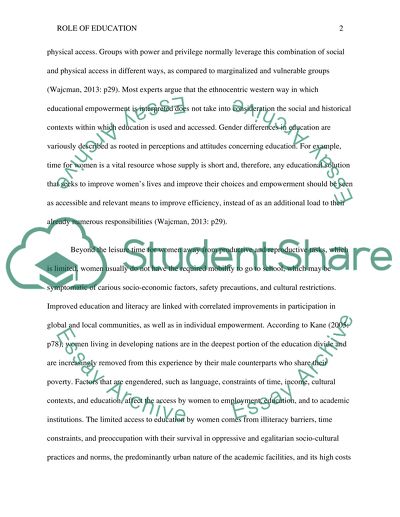Cite this document
(“Role of education in changing gender relations and empowerment of Literature review”, n.d.)
Retrieved from https://studentshare.org/education/1487771-role-of-education-in-changing-gender-relations-and
Retrieved from https://studentshare.org/education/1487771-role-of-education-in-changing-gender-relations-and
(Role of Education in Changing Gender Relations and Empowerment of Literature Review)
https://studentshare.org/education/1487771-role-of-education-in-changing-gender-relations-and.
https://studentshare.org/education/1487771-role-of-education-in-changing-gender-relations-and.
“Role of Education in Changing Gender Relations and Empowerment of Literature Review”, n.d. https://studentshare.org/education/1487771-role-of-education-in-changing-gender-relations-and.


